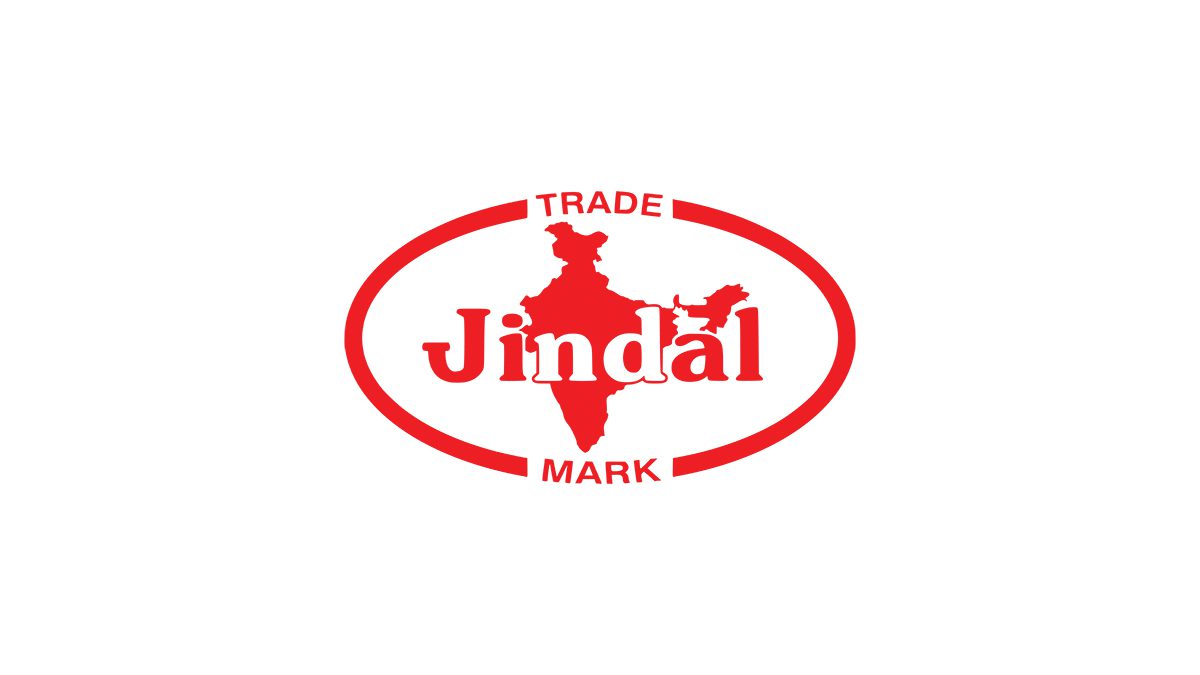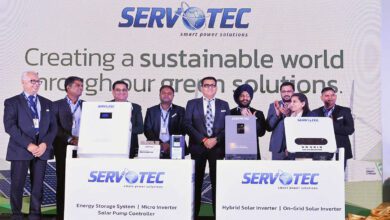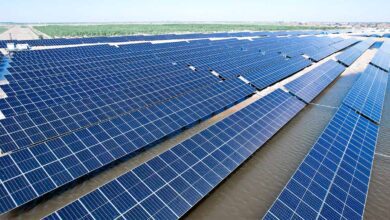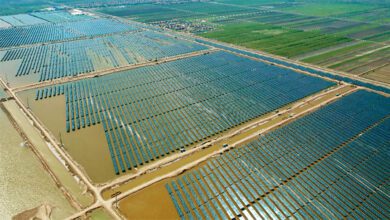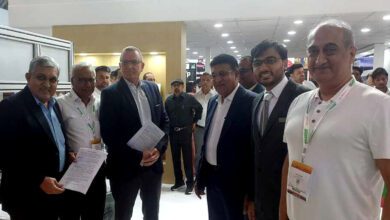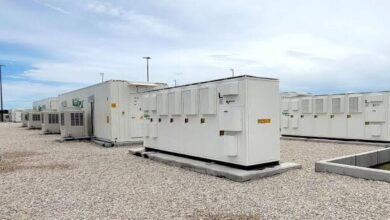Jindal India Renewable Energy (JIRE), a division of the BC Jindal Group, has announced its entry into the Battery Energy Storage Systems (BESS) sector, marking a significant step in the company’s clean energy expansion. The company aims to set up a 1 GWh battery pack assembly line using lithium iron phosphate (LFP) chemistry by 2025 and plans to scale up its battery cell manufacturing capacity to 5 GWh by 2027.
This ambitious initiative is aligned with India’s efforts to strengthen its position as a global leader in renewable energy. To ensure world-class standards, JIRE will collaborate with a leading technology provider, enabling the company to deliver high-quality energy storage solutions.
Punit Gupta, Director of JIRE, commented on the announcement: “Jindal India Renewable Energy is proud to step in and meet the growing demand for India’s energy storage solutions. By investing in battery energy storage systems, we are expanding our portfolio as well as contributing to grid stability and deeper integration of renewable sources.”
The BESS technology, which enhances grid stability and provides efficient power storage, addresses the challenge of balancing supply and demand during peak power consumption periods. BESS is also vital to meeting India’s renewable energy goals, as it supports Round-the-Clock (RTC) power delivery from renewable sources like solar and wind.
The Indian BESS market is expected to grow at a compound annual growth rate (CAGR) of 11.41% until 2032, highlighting the significant opportunities that JIRE seeks to tap into.
JIRE’s initiative complements its existing renewable energy plans, which include generating 5 GW of power from solar, wind, hybrid, and Fully Dispatchable Renewable Energy (FDRE) sources. In addition to its BESS ambitions, JIRE will also enter the manufacturing of photovoltaic (PV) cells and modules to meet the growing demand for solar energy.


